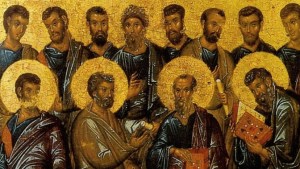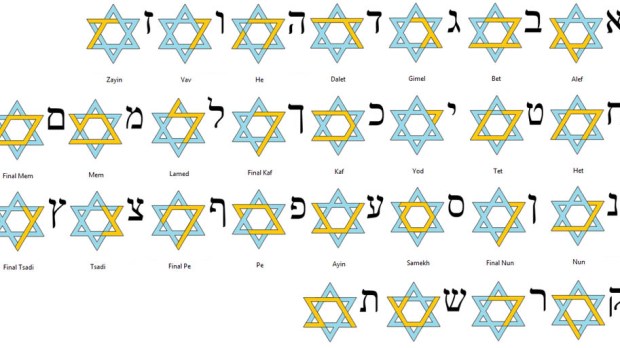Lenten Campaign 2025
This content is free of charge, as are all our articles.
Support us with a donation that is tax-deductible and enable us to continue to reach millions of readers.
In the Gospel of Matthew, Jesus says, “For truly, I say to you, till heaven and earth pass away, not an iota, not a dot, will pass from the law until all is accomplished” (Matthew 5:18).
What’s an “iota”?
According to the Israel Institute of Biblical Studies, “The Greek letter iota is derived from the Hebrew letter yod. Its name comes from the Hebrew word yad (יד) meaning ‘hand,’ because it is shaped like a little finger. Yod is so small that ancient scribes sometimes left it out of words to save space.”
Those who were listening to him would have been familiar with the “iota,” and understood that “not even the smallest detail will be eliminated from the Torah,” the Law given to Moses.
The Catechism of the Catholic Church affirms this teaching, explaining how, “The Law has not been abolished, but rather man is invited to rediscover it in the person of his Master who is its perfect fulfillment” (CCC 2053).
Furthermore, A Catholic Commentary on Holy Scripture reiterates, “[Jesus] has not come to abrogate but to bring it to perfection, i.e. to reveal the full intention of the divine legislator. The sense of this ‘fulfilling’ … is the total expression of God’s will in the old order … Far from dying … the old moral order is to rise to a new life, infused with a new spirit.”
It is important to understand Jesus’ Jewish background, as it helps to better understand scripture and various references that can be confusing at times.

Read more:
What did Christianity look like before the Bible?

Read more:
4 Ancient prayers from the earliest Christians

